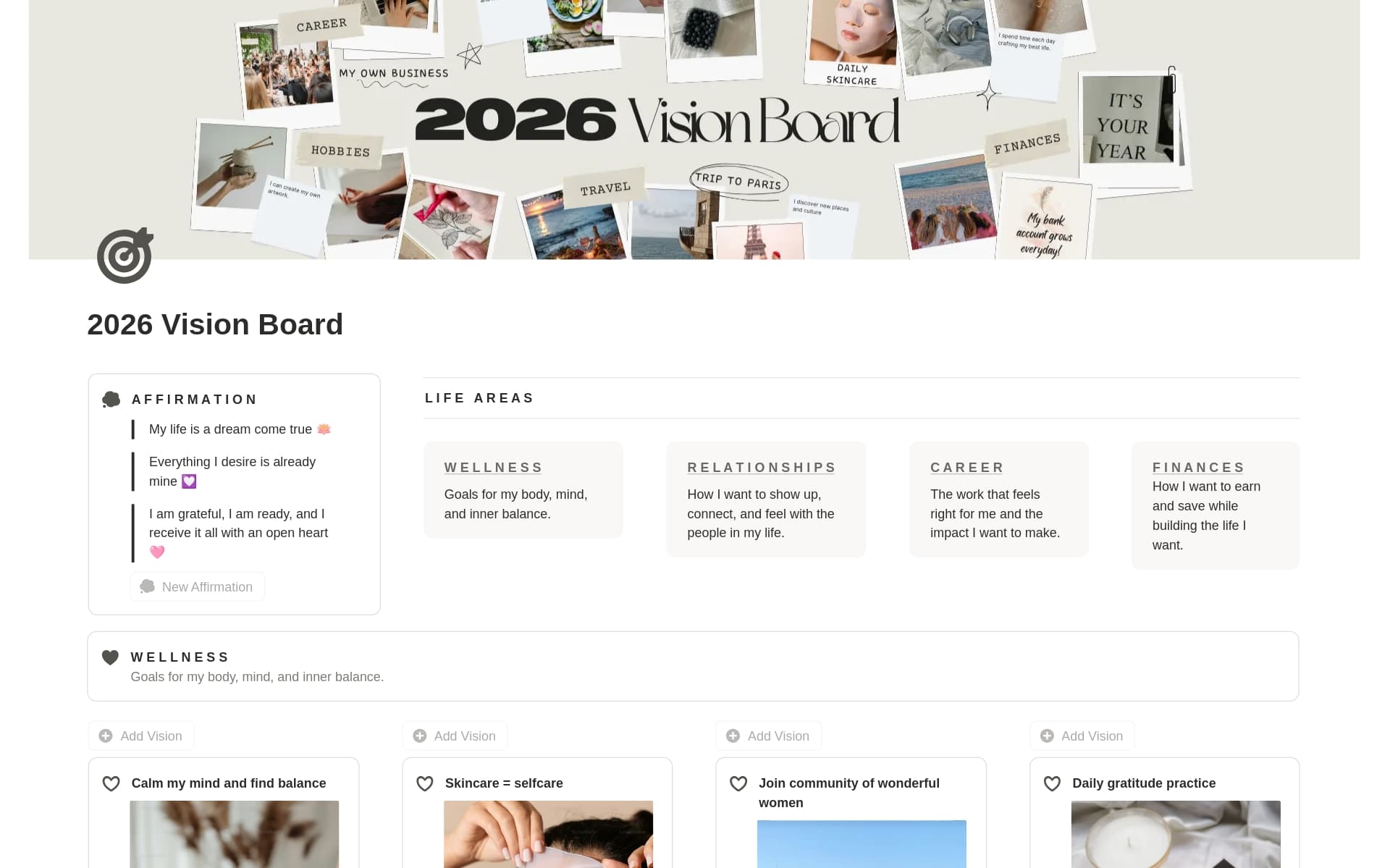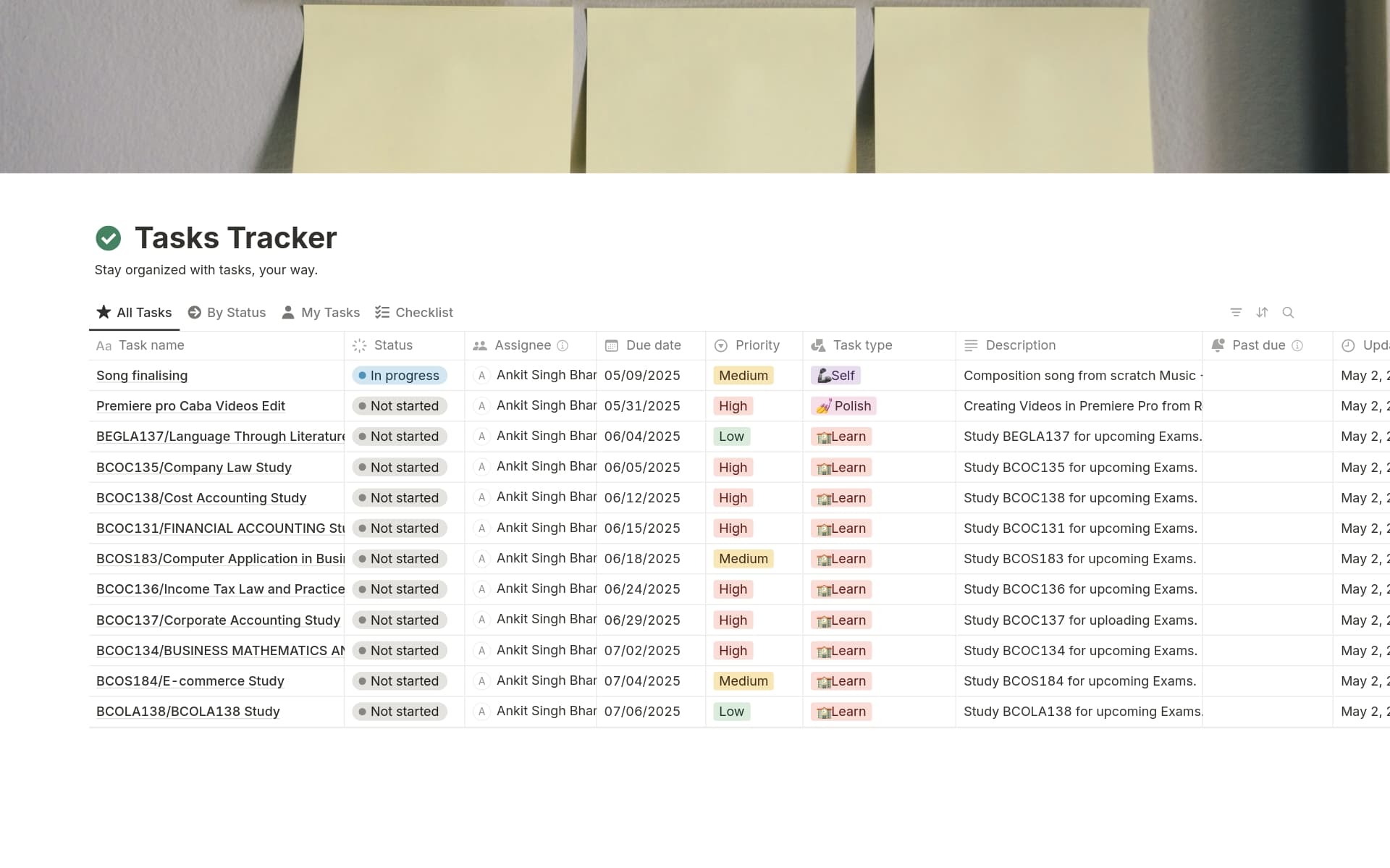Understanding user needs and behaviors is a foundational aspect of product management. It enables a deeper connection to the target audience, facilitating the development of more effective and user-centered products. A User Profiles template in Notion streamlines this process, offering an organized framework for gathering and analyzing user data.
Before diving into creating your own User Profiles template, it's wise to explore these exemplars to simplify the process.
What Should User Profiles Templates Include?
Choosing the right User Profiles template is crucial for product managers to effectively organize and analyze user data. Here are key components to look for in a high-quality template:
Comprehensive User Information - Ensure the template includes fields for basic information such as name, age, and contact details, as well as space for user preferences and behavioral data.
Segmentation Capabilities - A good template should allow you to categorize users based on various criteria like demographics, product usage, and engagement levels, facilitating targeted strategies.
Integration Features - Check for the ability to seamlessly integrate with other tools like CRM systems and data analytics platforms, which can enhance the utility of the collected information.
Customization Flexibility - Look for templates that are easily customizable to adapt to specific needs and evolving user profiles without requiring extensive modifications.
With these components, a User Profiles template can significantly streamline the process of managing user information and deriving actionable insights for product development and marketing strategies.
What Should User Profiles Templates Avoid?
Choosing the right User Profiles template is crucial for product managers. It's not just about what you include, but also what you should avoid to ensure efficiency and clarity.
Overly Complex Fields: Avoid templates with too many detailed fields that can lead to confusion and reduce usability. Simplicity is key in maintaining clear user profiles.
Non-Customizable Elements: Steer clear of templates that don't allow modifications. Flexibility in adapting to specific needs is essential for a user profile that grows with your product.
Irrelevant Default Data: Templates filled with placeholder data that isn't relevant to your needs can clutter the profile and distract from important information.
Selecting a template that avoids these pitfalls will streamline your process and enhance the overall effectiveness of your user management system.




